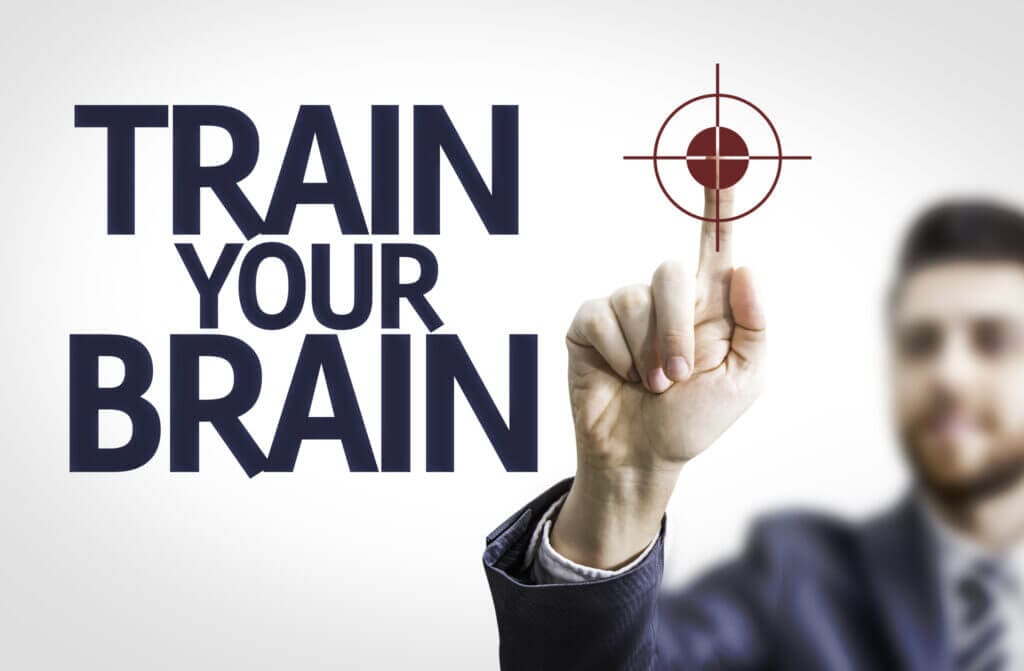Interested in a therapy that goes beyond the norm? Research showcases the effectiveness of Cognitive Remediation Therapy (CRT) in treating a spectrum of mental health conditions. Yes, you read it right: a spectrum. This includes commonly diagnosed issues like depression and anxiety, but it doesn’t stop there. CRT also benefits those with attention deficit hyperactivity disorder (ADHD) and traumatic brain injuries!
But what sets CRT apart? Beyond sharpening cognitive functions, this therapy works wonders in other areas of life. Imagine seeing improvements not just in your memory or decision-making but also in how you interact with others. Think about achieving better grades in school or excelling at work. That’s right—CRT enhances your overall quality of life in a well-rounded and comprehensive way.
Now, you might ask, “What makes CRT so effective?” The answer lies in its scientific grounding. CRT isn’t a shot in the dark; it’s rooted in the principles of neuroplasticity. This is the idea that our brains are not static but adaptable. Through a structured, science-backed approach, CRT helps you retrain your brain.
Here’s the clincher: constant practice and focused training sessions help strengthen your cognitive skills. So, CRT is not just another therapy—it’s a beacon of hope for those with cognitive challenges linked to mental health conditions. Offering both enhanced cognitive abilities and the promise of a better overall life, CRT stands as a remarkable option for many.
Exploring the Benefits of Cognitive Remediation Therapy:
Cognitive Remediation Therapy (CRT) is a powerful intervention that helps people with mental health conditions improve their cognitive function. CRT works by leveraging the brain’s ability to change and adapt, known as neuroplasticity. By engaging in specific exercises and techniques, CRT stimulates and challenges the brain, leading to improved cognitive abilities and functioning.
CRT has been shown to be effective for a variety of mental health conditions, including depression, anxiety, attention deficit hyperactivity disorder (ADHD), and traumatic brain injury. In addition to improving cognitive function, CRT can also improve social functioning, academic and work performance, and overall quality of life.
Session Duration and Treatment Timeline
Thinking about starting Cognitive Remediation Therapy (CRT)? Knowing what the therapy involves can help you get the most out of it. You’ll learn how many sessions to expect and how long each will last.
In CRT, you’ll do activities designed to boost your thinking skills. These exercises challenge your brain and help it grow new connections. By sticking with it, you’ll improve how you think and function in daily life.
So, how many sessions will you need? It depends on your needs and goals. Usually, people go through multiple sessions over a few weeks or months. It’s common to attend sessions once or twice a week.
What happens in a session? Each one lasts 60 to 90 minutes. During this time, a trained therapist will guide you through activities. They’ll give you support and feedback to ensure you get the most out of the therapy.
It’s important to remember that CRT takes time. How long you’ll need depends on how you’re doing and what you hope to achieve. Some people see results in a few months. Others benefit from more extended treatment. Your therapist will check in to see how you’re doing and adjust your plan as needed.


